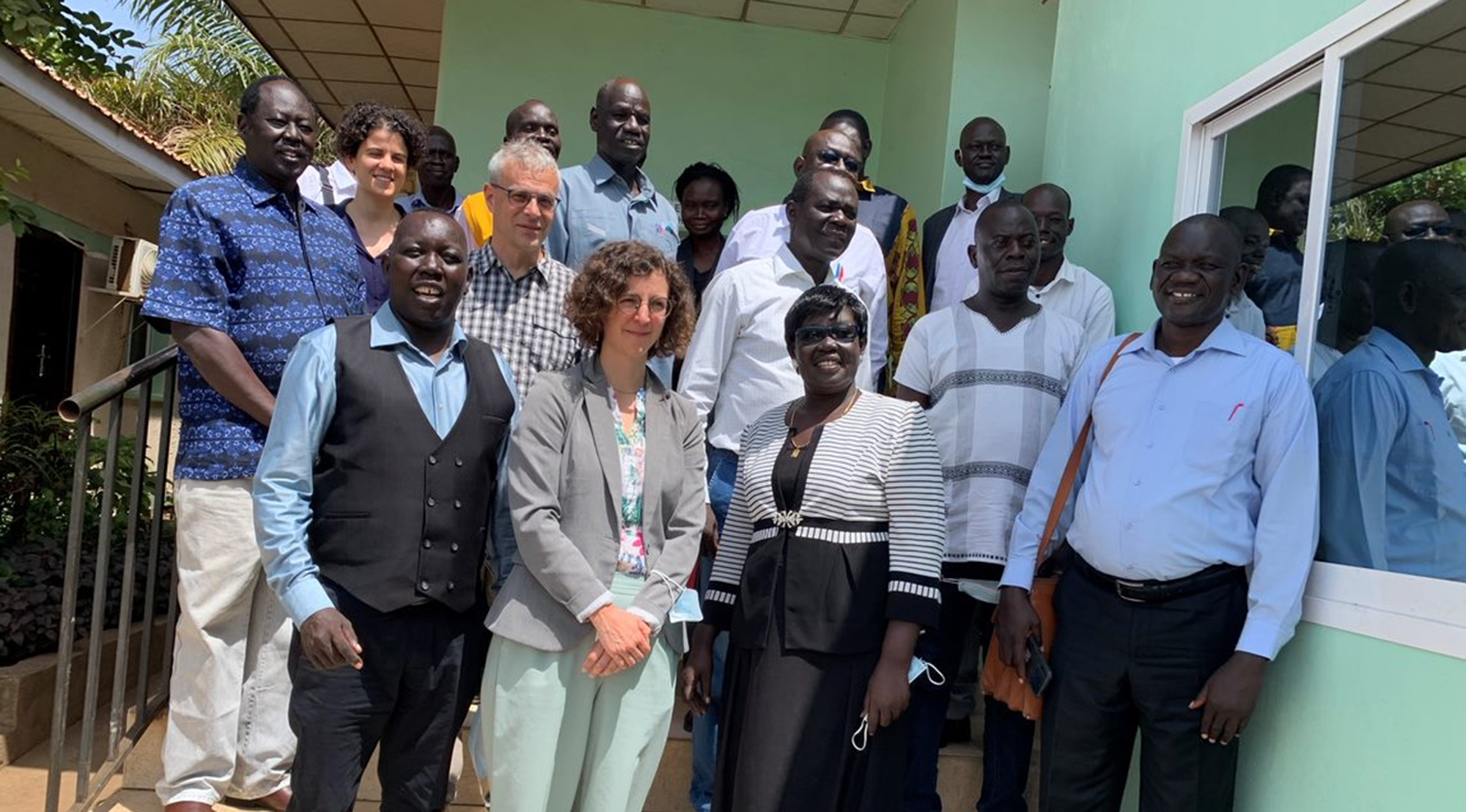In 2016, five Swiss institutions of higher education and three universities in the Global South received seed funding to work on sustainable development through education and research in contexts affected by conflict. Looking back at more than four years of coordinating this university network, here are some lessons learned from challenging situations:
- Identifying common interest across disciplines
In the beginning, it was tricky to jointly launch initiatives towards the UN’s Sustainable Development Goals (SDGs) – ideas brought forward by individual partners just evaporated in the air because the other partners didn’t see their interests and competencies reflected in them.
However, once we had identified common ground, i.e. which SDGs we wanted to contribute to from different perspectives, we could develop a specific topic to work on. Individuals within each institution rallied around the respective cause. Since we came from a variety of disciplines such as peacebuilding, natural resource management, engineering, and agriculture, these commonalities rather emerged on a methodological and didactical level, such as curriculum development, practice-oriented teaching, problem-based learning combined with expertise on conflict sensitivity and in a specific context, such as South Sudan or Palestine.
Our initial hypothesis was confirmed, namely that combining more than one SDG and approaching them from an interdisciplinary and transdisciplinary way can make a particularly beneficial contribution to quality education and, thus, to sustainable development.
- Reconcile divergent realities
Already among Swiss universities and higher education institutions, we soon noticed our different planning horizons and semester schedules. Identifying common timelines became even more complex for and with our partner institutions in the Global South who had to deal with contextual challenges, navigating remote communication even in pre-pandemic times. Failing to reconcile these different realities has been one of the major causes that put our collaboration repeatedly to a halt.
When it came to planning joint missions, the partners involved had to show great flexibility and compromise on what they would normally schedule for the process, including preparation, etc.
- Make use of positive side-effects in a crisis
With the COVID-19 pandemic and the worldwide lockdowns early 2020, all the partners had to shift their focus towards securing core business. For institutions of higher education, this meant reorganizing teaching under the new parameters of closed lecture halls. External partnerships in this first phase of the pandemic lost attention and were stalled. This almost led to a failure of implementing the different initiatives of the consortium.
However, North-South partnerships also gained relevance as everyone moved into the digital space. This suddenly made meetings and workshops much easier than before, as most institutions had invested resources into infrastructure and skills. Moving to remote teaching even opened up new opportunities for exchanges among partners from the North and from the South. This experience among sub-groups put North-South-exchanges technically on a level playing field.
Thus, the university network now exists not only in the form of an anonymous mailing list, but as a group of researchers, lecturers and professionals who know one another and who will hopefully pursue their collaboration beyond the funding period.


